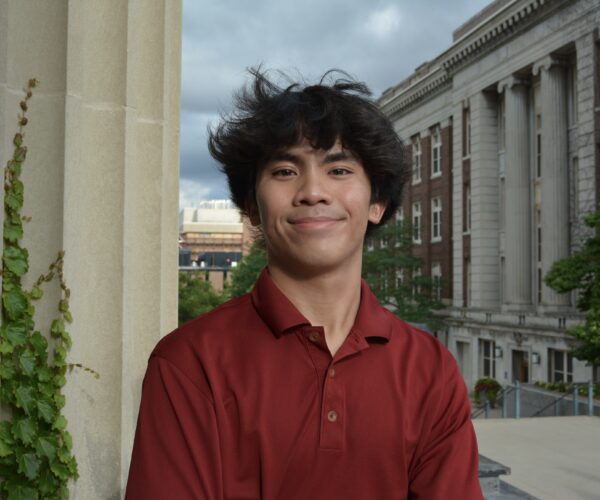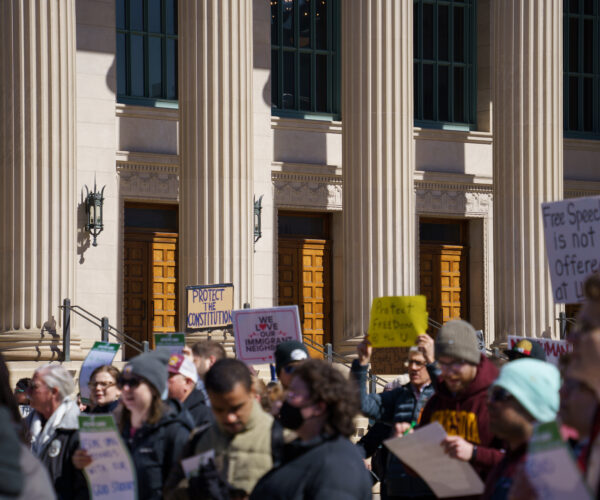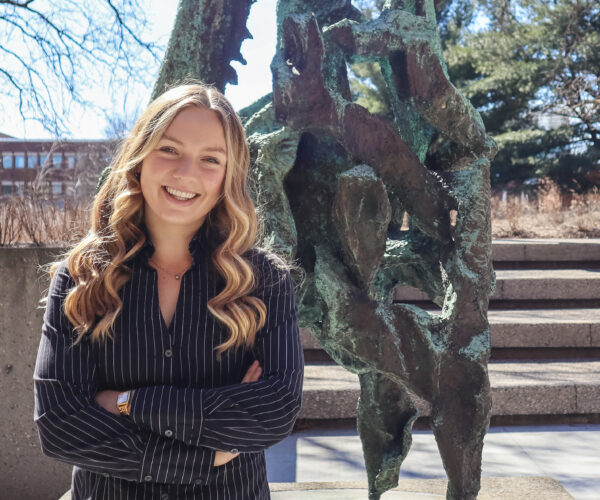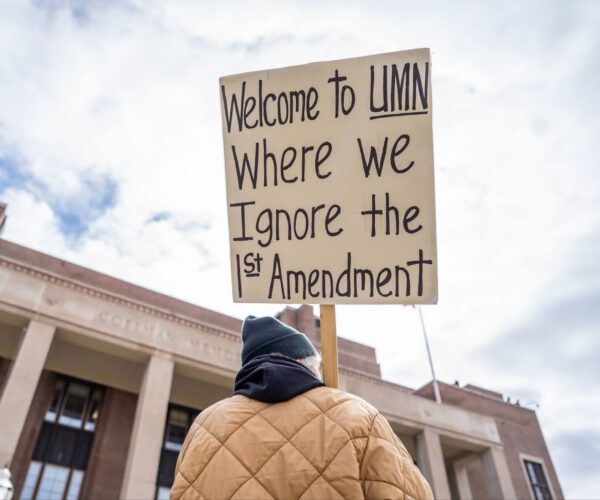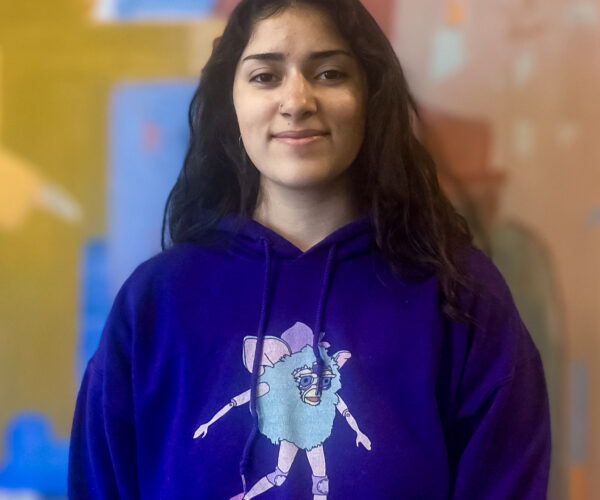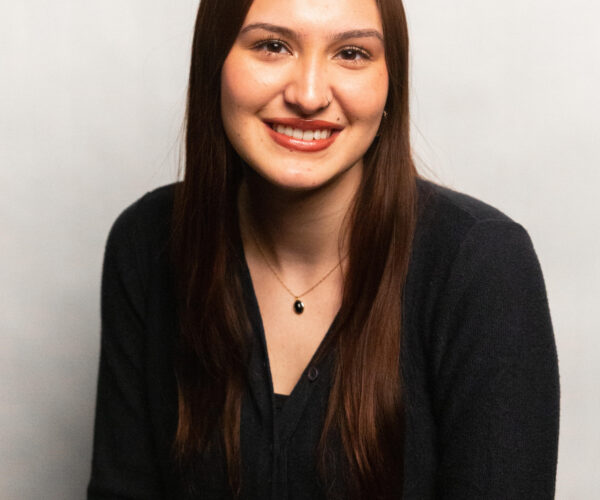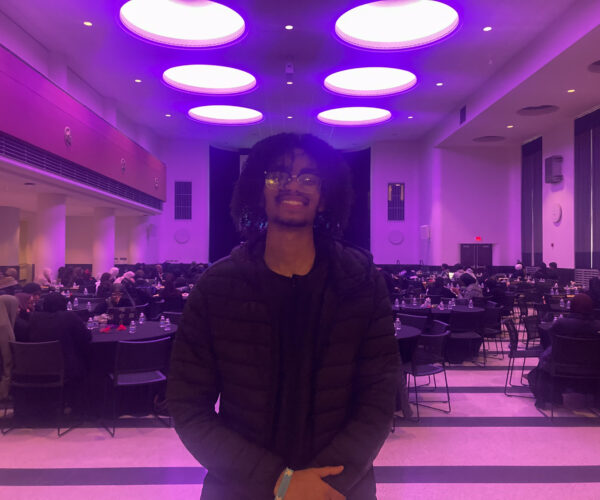Luke Supena, a freshman at the University of Minnesota, is majoring in political science and hopes to pursue a career in immigration law. His mother was born and raised in Panite, and his father was raised in Mindanao. Luke was born in the Philippines and immigrated to the U.S. in 2014.
Latest Posts
Students, Faculty Say They Do Not Trust UMN to Protect Freedom of Expression on Campus
Students and staff urge the university to be more transparent in its decisions about institutional speech and immigrant protections.
A Law Student Who Aims to Humanize Immigration Courts
Sarah Grosse Perdekamp’s goal is to help non-citizens through what she says is now an inhumane immigration court system
Hidden Stresses: Students Share Experiences With Stress Surrounding Immigration Actions
White House immigration actions have increased stress, compelled action among students at the University of Minnesota.
The Cost of Silence: Students say they feel unsafe to protest and express their speech on campus
Under the pressure of the Trump administration and protesting limits, students at the University of Minnesota say they’re confused, discouraged and scared to speak their mind.
Sophia Schliem-Guzman
Sophia Schliem-Guzman is a third-year student majoring in psychology and Chicano-Latino Studies who does advocacy work at Mujeres de Activas En Letras Y Cambio Social.
Sofia Esparza
Sofia Esparza is a third-year student at the University of Minnesota studying journalism and Spanish. She was born and raised in Eau Claire, Wisconsin and her father is from Monterrey, Mexico.
Somali Student Association Vice President Navigates Ramadan, Classes
Adnan Jeilani talks about his Ramadan experience as a Somali American student.
Isac Rivera Robledo
Isac Rivera Robledo is a first-generation immigrant who recently began taking classes at the University of Minnesota after a seven year break from college thanks to financial assistance from the state’s North Star Promise. Rivera Robledo is a Mexican-American who immigrated to the U.S. with his family when he was two years old.
Amy Nguyen
Amy Nguyen is a senior at the University of Minnesota studying journalism. Her parents immigrated to the U.S. from Vietnam in the early 2000s.

